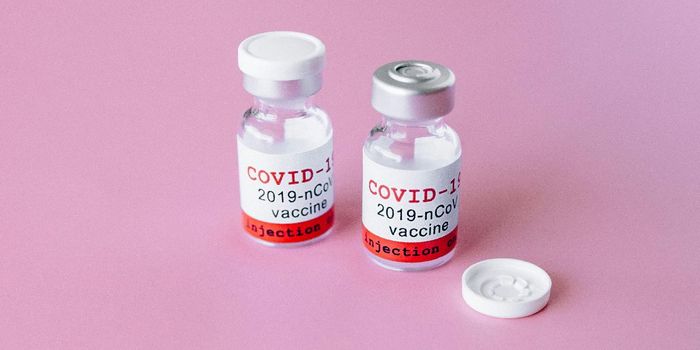Conflicting Data about use of PDE5 inhibitors in Alzheimer's Disease
There is a class of drugs called “Phosphodiesterase-5 inhibitors” (PDE5 inhibitors.) Such drugs in this class are known as sildenafil, vardenafil, tadalafil, and avanafil.1 These drugs all work by inhibiting the phosphodiesterase 5 enzyme, which is found in smooth muscle cells, and essentially relaxes the muscle cells. PDE5 inhibitors can treat a variety of diseases, such as pulmonary arterial hypertension (PAH) and erectile dysfunction (ED.)
Please see the video for how these drugs work!
Alzheimer's is a disease that impairs the brain's ability to carry out simple tasks and even causes dementia. Dementia is the byproduct of a decline in cognitive function. Alzheimer's affects the brain via toxic proteins that build up, stop neuron function, and ultimately die.2 There is currently no treatment approved for Alzheimer’s; however, many studies are being done to slow or prevent the disease.
A study published in Nature Aging observed that taking sildenafil, known as Viagra ©, was associated with a lower incidence of Alzheimer’s Disease in the observed population. There have also been studies done in the past, on humans, in mice, and even analyzing past insurance claims, that indicate that PDE5 inhibitors are associated with reduced frequency of Alzheimer’s.3
NIH DREAM (National Institute of Health Drug Repurposing for Effective Alzheimer’s Medicines) evaluated if PDE5 inhibitors have any effect on Alzheimer’s. Their research, published in October 2022, did not show PDE5 inhibitors having any effect on lowering the incidence of Alzheimer’s Disease. They believe that this may be due to inconsistencies in prior studies, such as studying the drug in a diverse group with various medical ailments. They combated these confounding variables by studying the hypothesis in a controlled and homogenous population, who were using PDE5 inhibitors for a certain indication, and then selected a patient on a different drug for the same indication and looked at the incidence of Alzheimer’s in this population.
NIH DREAM is an ongoing study, and it will be exciting to see what other discoveries they make.
References:
1 Huang SA, Lie JD. Phosphodiesterase-5 (PDE5) Inhibitors In the Management of Erectile Dysfunction. P T. 2013;38(7):407-419.
2 National Institute of Aging, 2021. https://www.nia.nih.gov/health
3 Fang, J., Zhang, P., Zhou, Y. et al. Endophenotype-based in silico network medicine discovery combined with insurance record data mining identifies sildenafil as a candidate drug for Alzheimer’s disease. Nat Aging 1, 1175–1188, 2021. https://doi.org/10.1038/s43587-021-00138-z
4 Rishi J Desai, Mufaddal Mahesri, et al., No association between initiation of phosphodiesterase-5 inhibitors and risk of incident Alzheimer’s disease and related dementia: results from the Drug Repurposing for Effective Alzheimer’s Medicines study, Brain Communications, 4(5), 2022. https://doi.org/10.1093/braincomms/fcac247








